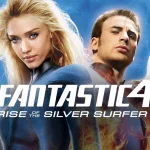𝐀 𝐂𝐥𝐨𝐜𝐤𝐰𝐨𝐫𝐤 𝐎𝐫𝐚𝐧𝐠𝐞 (𝟏𝟗𝟕𝟏)
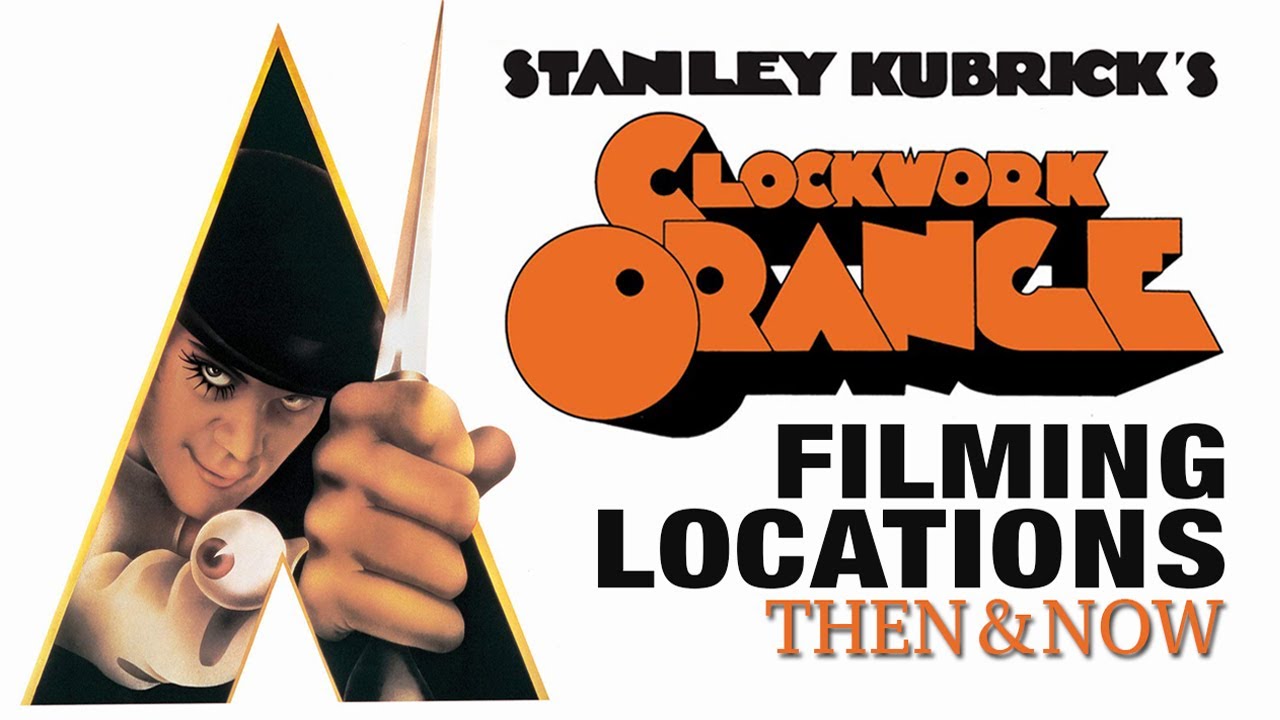
A Clockwork Orange (1971) is a dark and controversial crime film directed, produced, and adapted by Stanley Kubrick. Based on Anthony Burgess’s 1962 novel of the same name, the film explores themes of free will, violence, and the manipulation of the human psyche. Set in a dystopian future, the film follows Alex DeLarge, a young delinquent whose life is dominated by acts of violence and a desire for chaos. With its bold imagery, thought-provoking themes, and unsettling portrayal of crime, A Clockwork Orange remains one of Kubrick’s most iconic and disturbing films.
The story revolves around Alex, played by Malcolm McDowell, who leads a gang of “droogs” that engage in violent and sadistic acts. After a robbery gone wrong, Alex is caught and sentenced to prison. In an attempt to reduce his sentence, he volunteers for an experimental rehabilitation program that uses psychological conditioning to remove his violent tendencies. However, the treatment strips Alex of his free will, leaving him a broken and helpless individual. The film critiques the use of state control and the ethics of using science to manipulate human behavior.
Malcolm McDowell’s portrayal of Alex is one of the most memorable performances in cinematic history. His charismatic yet sadistic portrayal of the character blends charm with brutality, making Alex both fascinating and repulsive. McDowell’s performance is central to the film’s success, as he brings a unique energy to the role of a character who embodies both the anarchic spirit of youth and the horrors of unchecked violence. His portrayal of Alex’s psychological deterioration after undergoing the experimental treatment is haunting and tragic.
Kubrick’s direction is masterful, with A Clockwork Orange being known for its striking visual style and meticulous attention to detail. The film’s use of classical music, particularly the compositions of Beethoven, creates a dissonance between the violent actions on screen and the soothing nature of the soundtrack, adding to the unsettling atmosphere. The cold, clinical nature of the film’s cinematography reflects the dehumanizing aspects of the dystopian world, while also highlighting the intense emotional and physical struggles faced by the characters.
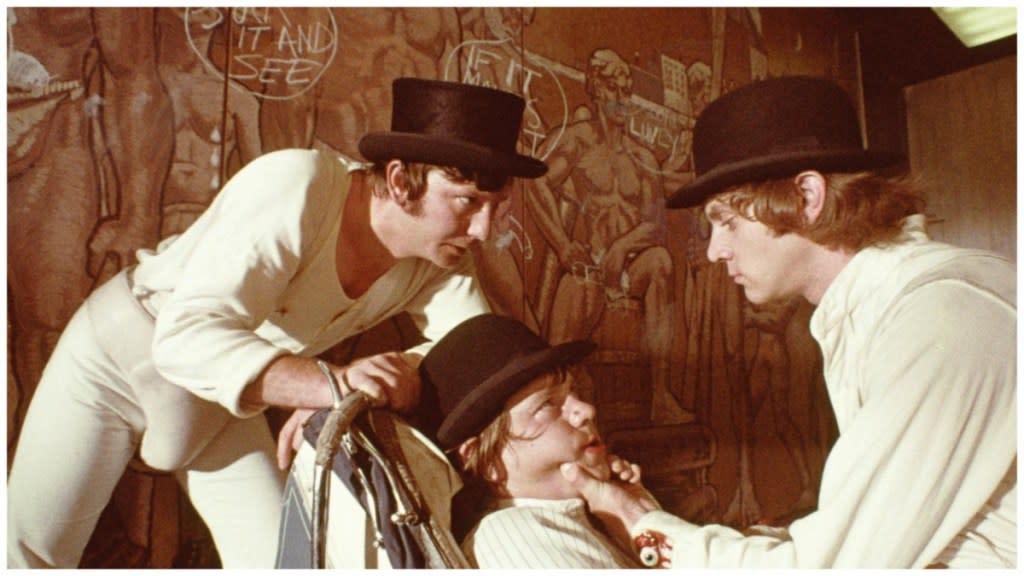
One of the central themes of A Clockwork Orange is the exploration of free will and the consequences of a society that attempts to control individual behavior. The film raises important ethical questions about the use of psychology and government power to eliminate personal choice. Is it better to allow someone to choose to be evil than to forcibly reform them? Kubrick challenges the viewer to consider the implications of these questions, presenting a world where the boundaries between good and evil are blurred, and the concept of moral responsibility is deeply questioned.
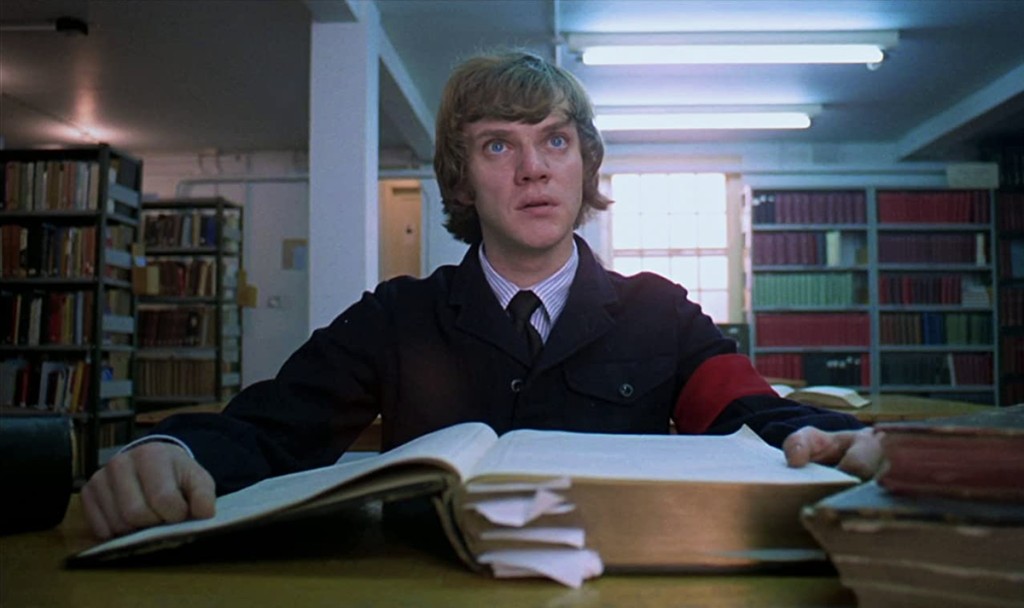
Despite its initial controversy and criticism, A Clockwork Orange has become a significant film in the history of cinema. Its depiction of violence, psychological manipulation, and dystopian themes provoked debates about the role of art in society and the limits of freedom. Over the years, the film has gained a cult following, admired for its bold vision, unique style, and complex exploration of the human condition. A Clockwork Orange is a film that challenges the audience to confront uncomfortable truths about society, morality, and the nature of human behavior.
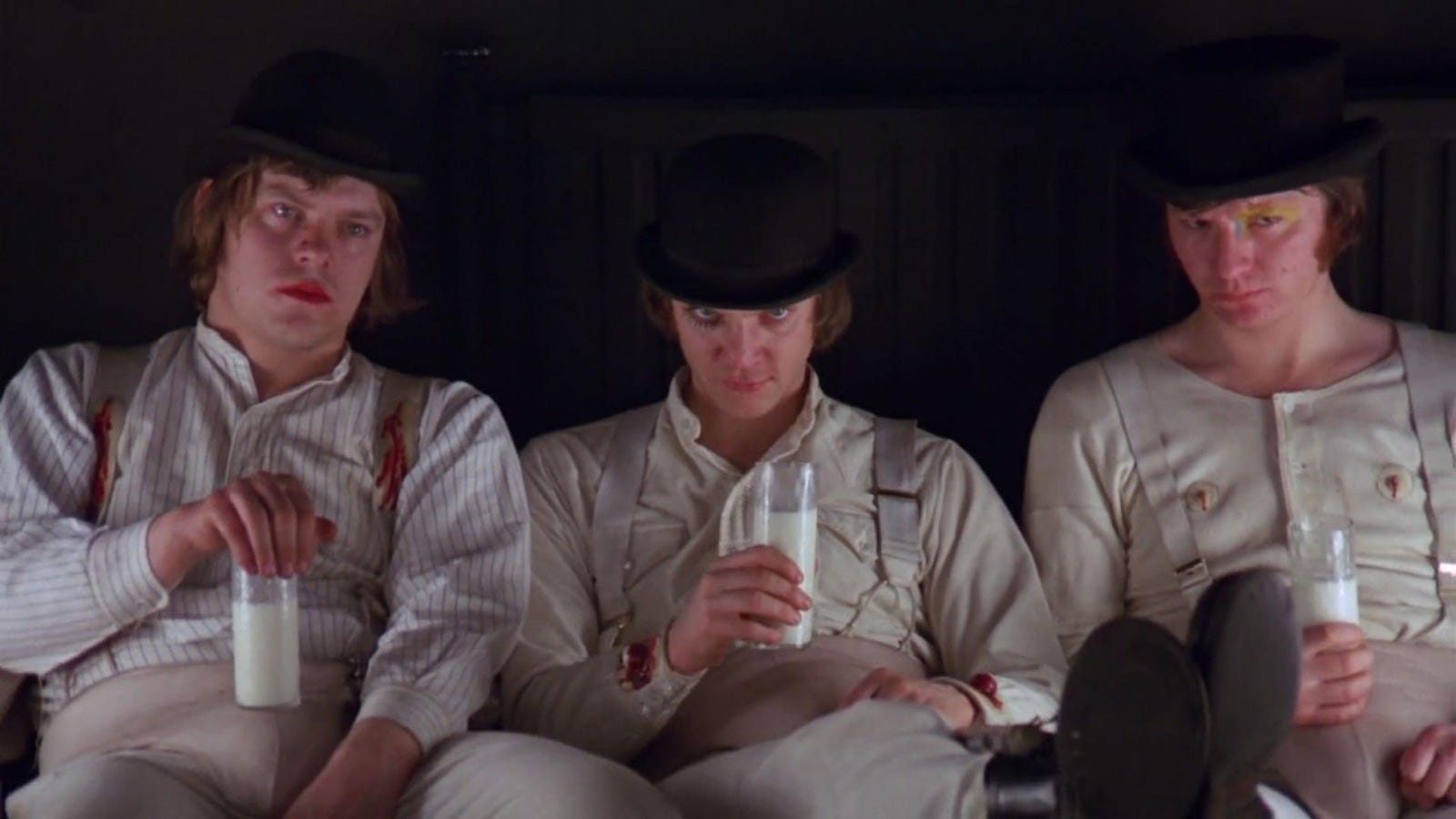
In conclusion, A Clockwork Orange is a thought-provoking and visually striking crime drama that delves into the darkest aspects of human nature. Stanley Kubrick’s direction, combined with Malcolm McDowell’s powerful performance, creates a film that is both disturbing and intellectually engaging. Its exploration of free will, violence, and state control continues to resonate with audiences and remains relevant today. A Clockwork Orange is a film that demands attention, forcing viewers to reflect on the complex relationship between society and the individual.










